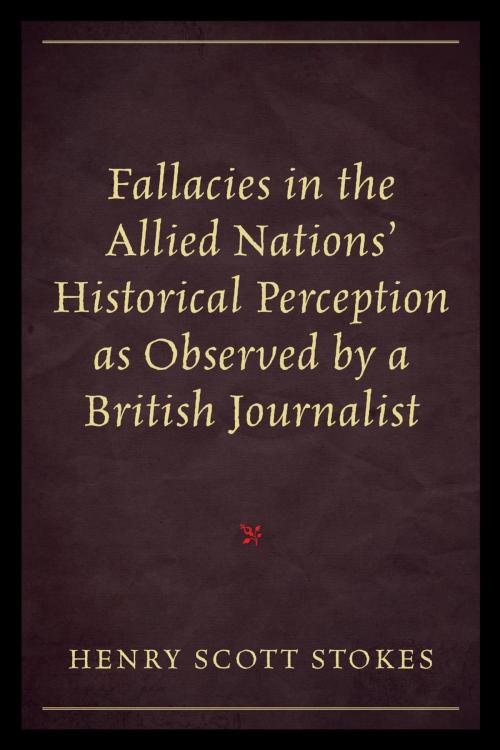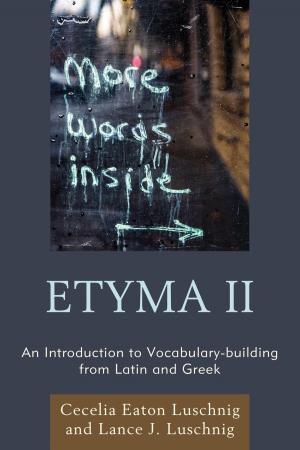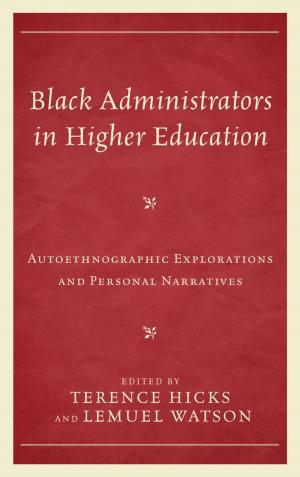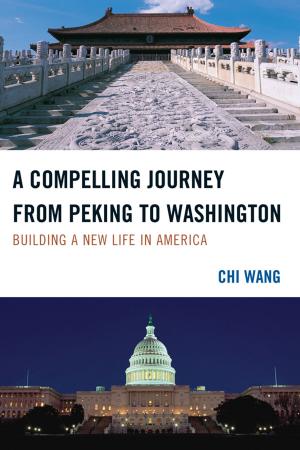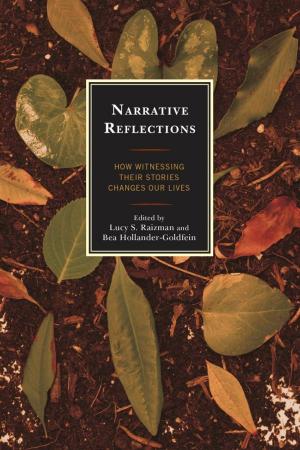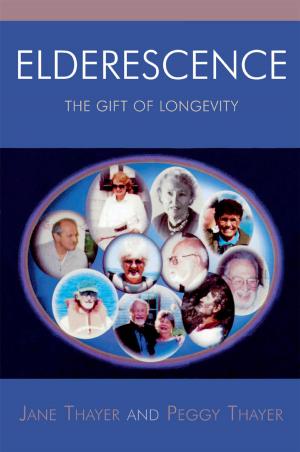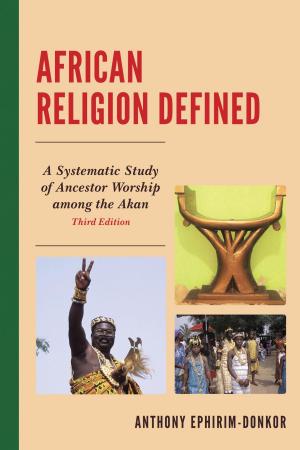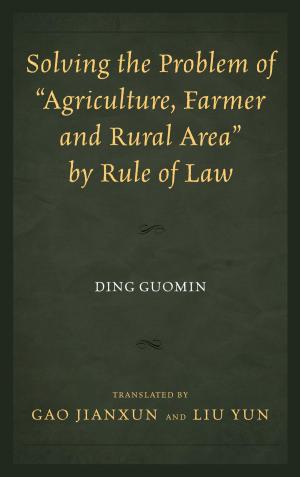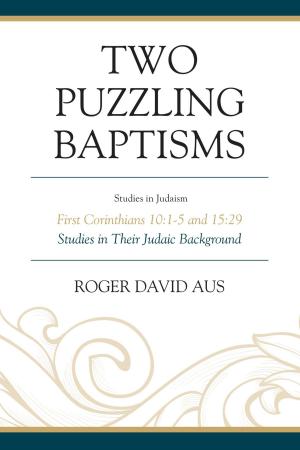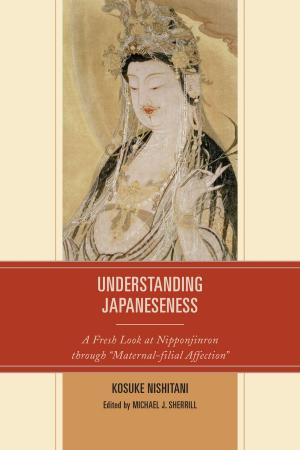Fallacies in the Allied Nations' Historical Perception as Observed by a British Journalist
Nonfiction, History, Asian, Asia, Japan, Military, World War II| Author: | Henry Scott Stokes | ISBN: | 9780761868101 |
| Publisher: | Hamilton Books | Publication: | November 17, 2016 |
| Imprint: | Hamilton Books | Language: | English |
| Author: | Henry Scott Stokes |
| ISBN: | 9780761868101 |
| Publisher: | Hamilton Books |
| Publication: | November 17, 2016 |
| Imprint: | Hamilton Books |
| Language: | English |
In 1941, Imperial Japan rapidly brought an end to the British Empire in Asia. Because a non-white race dared to upset the white colonialists’ status quo in Asia, the British resented the Japanese long after the war. Mr. Henry Scott-Stokes states that he held such a view as well before arriving in Japan as a foreign correspondent. Mr. Scott-Stokes writes of his transformation, of uncritical acceptance of the western colonialist’s version of the Greater East Asian War, the so-called Pacific War, to realization of its absolute vacuousness. “[The Japanese],” he states, “were supposed to simply accept, without any criticism or opposition whatsoever, the noble wisdom of civilization [the verdicts of the Tokyo Trials].”
Mindless parroting of historical fabrications by modern Japanese suggests a loss of national consciousness, of what it means to be Japanese, as Yukio Mishima expressed in his discussions with Mr. Scott-Stokes. Japan lost her independence to America and is merely a protectorate and not a nation with her own culture and history. Japanese people need to take it upon themselves to change this situation. Mr. Stokes’ mother-in-law, however, wryly commented that today’s Japanese are cowards, so it will take another 200 or 300 years.
In 1941, Imperial Japan rapidly brought an end to the British Empire in Asia. Because a non-white race dared to upset the white colonialists’ status quo in Asia, the British resented the Japanese long after the war. Mr. Henry Scott-Stokes states that he held such a view as well before arriving in Japan as a foreign correspondent. Mr. Scott-Stokes writes of his transformation, of uncritical acceptance of the western colonialist’s version of the Greater East Asian War, the so-called Pacific War, to realization of its absolute vacuousness. “[The Japanese],” he states, “were supposed to simply accept, without any criticism or opposition whatsoever, the noble wisdom of civilization [the verdicts of the Tokyo Trials].”
Mindless parroting of historical fabrications by modern Japanese suggests a loss of national consciousness, of what it means to be Japanese, as Yukio Mishima expressed in his discussions with Mr. Scott-Stokes. Japan lost her independence to America and is merely a protectorate and not a nation with her own culture and history. Japanese people need to take it upon themselves to change this situation. Mr. Stokes’ mother-in-law, however, wryly commented that today’s Japanese are cowards, so it will take another 200 or 300 years.
